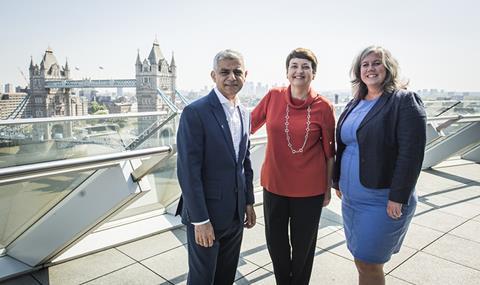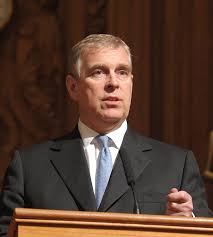Understanding the Impact of Heidi Alexander in UK Politics

Introduction
Heidi Alexander, a prominent figure in the UK Labour Party, has been pivotal in shaping contemporary political discourse and policy. As a former Member of Parliament (MP) and current Deputy Mayor for Transport in London, Alexander’s contributions reflect the ongoing evolution of transport policy and local government strategies in an era marked by urgent societal demands for sustainable transport solutions.
Background and Political Career
Born in 1970 in Kent, Alexander had a strong educational foundation, graduating from the University of Sussex with a degree in Politics. Her political career began when she was elected as the MP for Lewisham East in 2010. During her tenure, she focused on various issues, including healthcare, education, and local community development.
As a member of the Shadow Cabinet, she served as Shadow Secretary of State for Health from 2015 to 2016, advocating for comprehensive reforms to the National Health Service (NHS). After stepping down from her parliamentary role in 2018, Alexander transitioned to a strategic position within Transport for London (TfL) in 2021, where she now addresses critical transport challenges facing the capital.
Recent Developments
In recent months, Heidi Alexander has been at the forefront of discussions regarding London’s transport infrastructure. Amid ongoing debates about climate change and urban mobility, she has been an advocate for expanding walking and cycling initiatives, aiming to reduce the capital’s carbon footprint. Under her guidance, new cycling lanes and pedestrian zones are being introduced to promote healthier and more environmentally friendly modes of transport.
Moreover, Alexander has also been involved in discussions about public transport accessibility, particularly in the wake of the COVID-19 pandemic, which reshaped how commuters interact with the transportation network. She has called for more funding and investment to enhance services, ensuring they are sufficient, safe, and efficient for users.
Conclusion
Heidi Alexander’s journey through UK politics, particularly in her influential role with TfL, highlights the necessity of proactive leadership in addressing pressing societal challenges. As London continues to grapple with the impacts of rapid urbanisation and climate change, her policies and initiatives remain crucial in guiding the capital towards a sustainable future. For readers invested in urban development and transport policy, Alexander’s strategies may serve as a model in the ongoing discourse surrounding sustainable living and effective governance.









